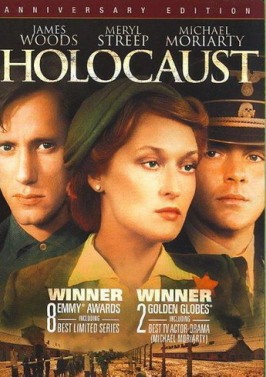NotHardUp1
What? Me? Really?
When I was in school, The Diaspora was only heard in reference to Israel, either the Exile in Babylon, or the subsequent dispersal by the Romans after the destruction of the Temple. It also referred to the scattering during and after the Holocaust of the Nazi persecution and the pogroms of the East European autocrats and tsars. But, studying history, the term was used earlier to describe the Greek diaspora from the time of Homer forward as Hellenic peoples spread out and influenced European and other cultures.
This came to mind an hour ago as I heard a promo for Afropop refer to The Diaspora and likely mean more modern African migrations out of Africa.
That made me sit up and take notice, as the use of Diaspora often carries with it a connotative meaning of oppression, of forced exile, although it is not part of the definition. For that reason, I think outside anthropology, we rarely hear the term applied to those spreading out under the power of invasion or conquest. For example, we don't hear of the Catholic Diaspora to the New World, or the Caucasian Diaspora in the Colonial Period, or the Mongol Diaspora as Genghis Khan dominated a continent.
Additionally, exile as Diaspora is frequently overlaid with a racial context. Israel is treated as a racial group, not just a religious sect, even though it is not a phenotypically a racial grouping of outward features. Many think of those in diaspora as victims, struggling to maintain identity as a minority in a larger alien culture.
Today, we live in a world that widely eschews identity by race. In fact, viewing persons as members of a race first, before nationality or ethnicity or citizentship is quickly denounced as the very definition of racism. I have witnessed co-workers scorn anyone who even mentions noticing racial origins, even when not used negatively, e.g., "he looks like he may be Mongolian."
So, how can the reverse escape the same fate? How can the attempt to preserve racial identity, in diaspora, not be seen as a type of racism? Can members of a racial group in a minority, not be an assertion of race as an identity?
This came to mind an hour ago as I heard a promo for Afropop refer to The Diaspora and likely mean more modern African migrations out of Africa.
That made me sit up and take notice, as the use of Diaspora often carries with it a connotative meaning of oppression, of forced exile, although it is not part of the definition. For that reason, I think outside anthropology, we rarely hear the term applied to those spreading out under the power of invasion or conquest. For example, we don't hear of the Catholic Diaspora to the New World, or the Caucasian Diaspora in the Colonial Period, or the Mongol Diaspora as Genghis Khan dominated a continent.
Additionally, exile as Diaspora is frequently overlaid with a racial context. Israel is treated as a racial group, not just a religious sect, even though it is not a phenotypically a racial grouping of outward features. Many think of those in diaspora as victims, struggling to maintain identity as a minority in a larger alien culture.
Today, we live in a world that widely eschews identity by race. In fact, viewing persons as members of a race first, before nationality or ethnicity or citizentship is quickly denounced as the very definition of racism. I have witnessed co-workers scorn anyone who even mentions noticing racial origins, even when not used negatively, e.g., "he looks like he may be Mongolian."
So, how can the reverse escape the same fate? How can the attempt to preserve racial identity, in diaspora, not be seen as a type of racism? Can members of a racial group in a minority, not be an assertion of race as an identity?






